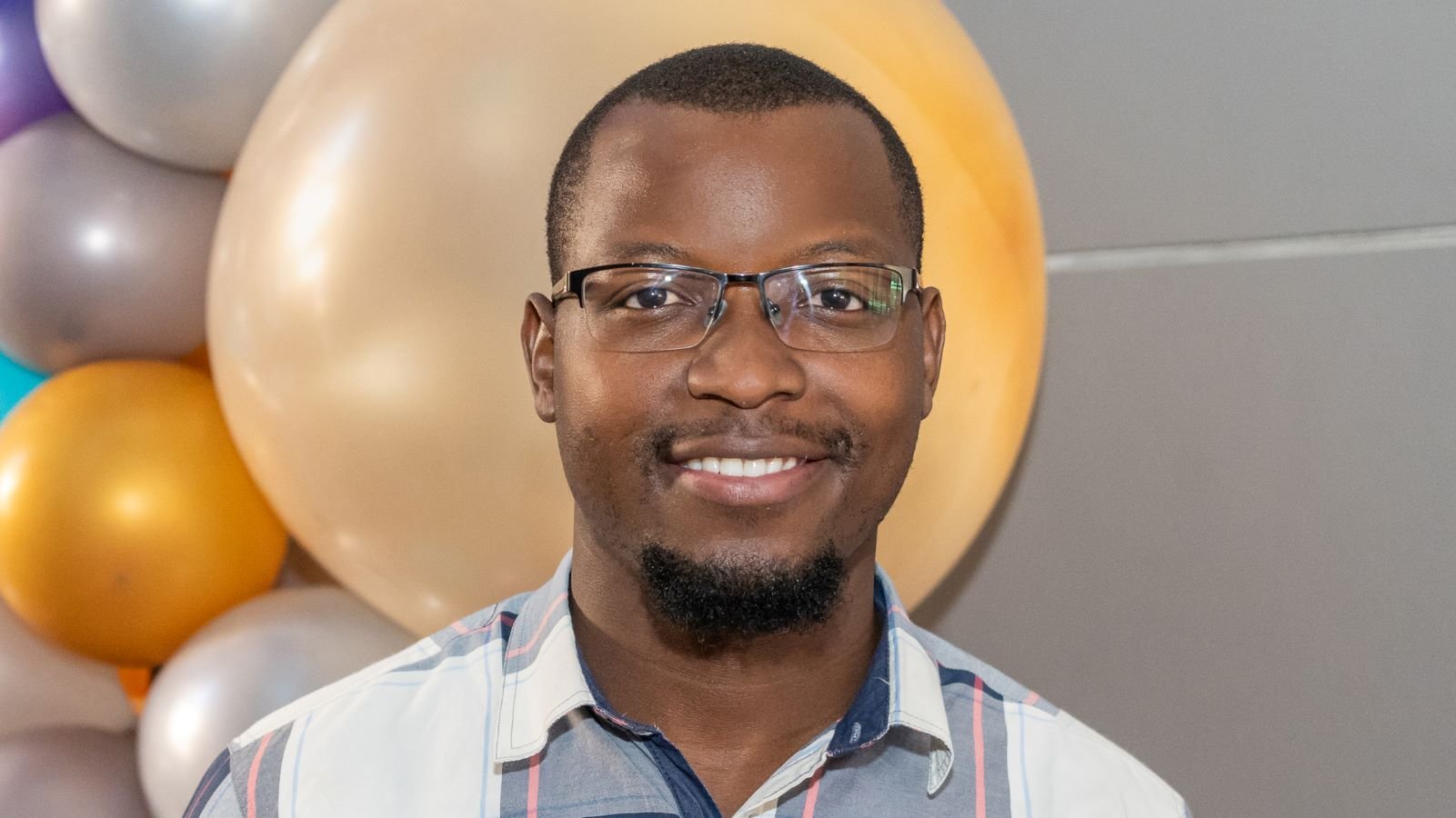Given the current economic environment, new university graduates face a steep road ahead.
The Career Insights Series is designed to help graduate job seekers. Dell Young Leaders alumni share insights on their career path, highlight a day in the life at their employer, and provide guidance to students on how to stand out to employers and prepare for the world of work.
Hear more from alum Prayer.
In your view, what is banking about?
A bank is a financial institution, and its main role is to facilitate the flow of money in the economy. In other words, without a bank there would be no gross domestic product (GDP) or system to calculate and aggregate how money flows through the economy. The current system is through lending of money to individuals, big companies, corporations, and other banks.
What does a day in your life look like?
It’s both well-structured and flexible. As a senior analyst, I have leeway in terms of how I organize my time. In a typical day, I read business media and published research from different jurisdictions around the world to understand how it’s impacting my clients — mainly financial institutions, including commercial banks and microfinance lending establishments.
After reading the research, I write notes to distribute to senior stakeholders. My job is to convert the information into meaningful insights for executives so they can make decisions that advance the financial interests of the banks and protect them from other risks.
There are also days when I need to take deals to board committees for approval or get them sanctioned by the chairman of the board.
What was the toughest part about transitioning from varsity into your career?
The banking environment is quite fast-paced. Things change in a split second and you have to keep up with the game. Some projects keep us awake until midnight, particularly over the past couple of months. Those are anomalies. That doesn’t happen all the time, but there are days when you really put in extra hours.
What is some advice you have for students interested in banking?
Keep up with key developments in the financial markets and the global economy at large. It’s very important to pay attention to this.
Think broadly about the future. 2020 has turned out to be a year that nobody thought it would be, with a lot of disruptions. Before that, there had been a drive towards a digital revolution, and a fourth industrial revolution. COVID-19 and 2020 brought that reality even closer. Some people thought a fourth industrial revolution as something 10 years to come, but it’s now. These disruptions are giving rise to new industries. As students and soon-to-be graduates, you need to be abreast with these developments and think of the possibilities that are out there.
What skills do you think are important for the workplace?
Stay adaptable. The bank that I joined 10 years ago is not the same bank I’m working at right now. People who are in a graduate program in a bank two to three years ago are now working in a different bank. You need to start thinking about these things so they don’t shock you.
Work on your presentation skills. Be eloquent and articulate your story clearly. The sooner you get comfortable with presenting, it can help set you apart.
Ask questions. I tell my graduates that a lot of us are too scared to ask questions because we don’t know enough, or we’re too junior and feel stupid. What will people think? I have straight As on my transcript, but I’m asking these basic questions. My answer to that is there is no such thing as stupid questions. If it’s something that’s making you unsettled or nervous, bring it up.
What tips do you have for students graduating in this post-COVID-19 world?
People are used to the normal way of doing things, but the dominant narrative is that the era of having people inside a bank is dying out. You will soon have banks where there is literally no physical bank to go in to speak to someone.
Get comfortable with the kind of working arrangement where you interact and work with people remotely, even if you are just 10km away from each other. The digital revolution is here, and the ways of working are changing completely.
What tips do you have for students to begin building the skills they will need for the workforce?
Learn how to operate technology. Even as new technologies come in, there need people to operate them. There will never be a time where technology will replace people, but the set of skills we have right now may no longer be useful and you may have to develop different skills.
Upskill yourself. See if there is a way to automate some of these reports that we are doing. If I write a code, I can simply run a query instead of spending three hours on this analysis. This way I am introducing efficiencies in the process. If you bring technology that could potentially replace you but put yourself on the right side of technology, you become indispensable.

